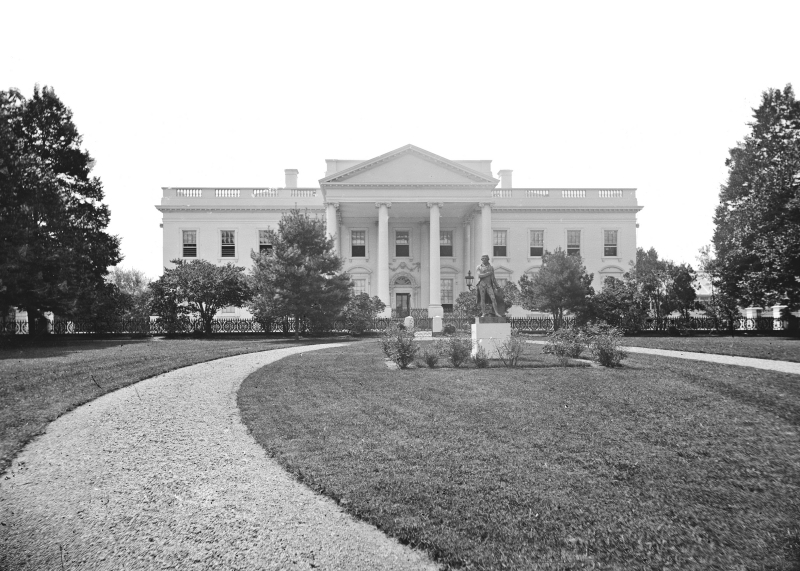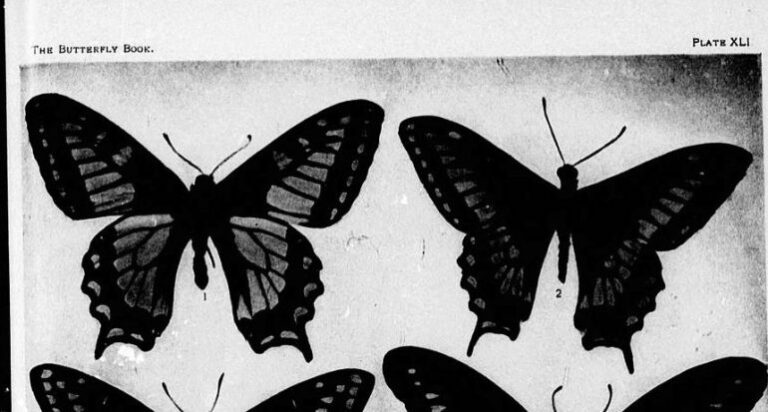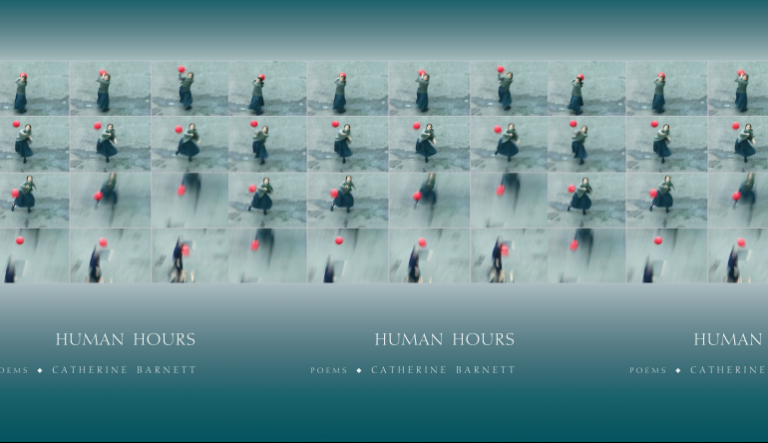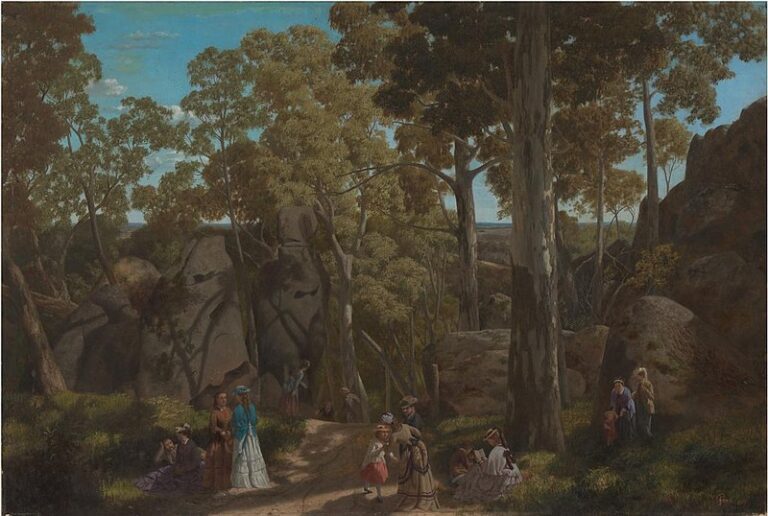Round-Up: #WritersOnTrump, Suzanne Collins, and the Northern Illinois University Press

From writers protesting Trump to a university-funded press closing, here’s a look at the latest in literary news:
- This week, over found-hundred writers signed an open letter denouncing Donald Trump. Titled “An Open Letter to the American People,” the letter outlined the writers’ issues with Trump, and claimed that Trump’s campaign “demands . . . an immediate and forceful response.” Junot Dìaz, Laura van den Berg, and Stephen King were among the many signatories. In addition to the writers, the letter also included an online petition, which now has over six-thousand signatures. Donald Trump officially won the Republican party nomination on May 26th.
- Hunger Games author Suzanne Collins was awarded with the Author’s Guild’s Distinguished Service to the Literary Community honor this past Wednesday. The award was given at the organization’s annual dinner, which celebrated children’s literature. Children’s authors, including Norton Juster, Rick Riordan, and Mary Pope Osborne, spoke at the event and highlighted the importance of children’s literature. Collins herself spoke on her inspiration for The Hunger Games and stated that writing for children offered her “an audience on which I could really have an impact.”
- Northern Illinois University has decided that it will no longer fund the award-winning Northern Illinois University Press. The academic press has received forty-eight book prizes since 2000, and largely publishes content relating to Slavic studies. The press will continue operations as usual throughout the coming academic year, but will have to seek outside funding after that. NIU Press’ imprint, Switchgrass Books, is interested in publishing literary fiction that “enhance[s] the cultural landscape of the midwest.” Switchgrass Books has also won several awards. The decision to defund the press sparked serious conversations about the importance of small university presses and public education. Notably, the executive director of the Association of American University Presses said that “to discount the relevance and impact of NIU’s press because of its size seems incongruous.”


